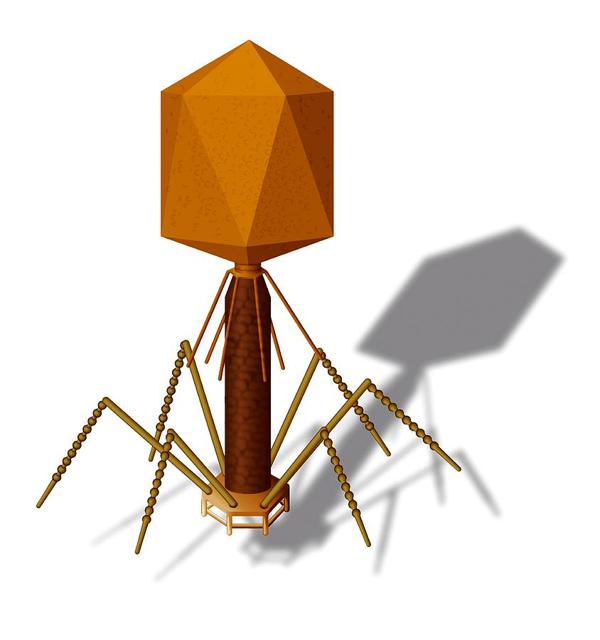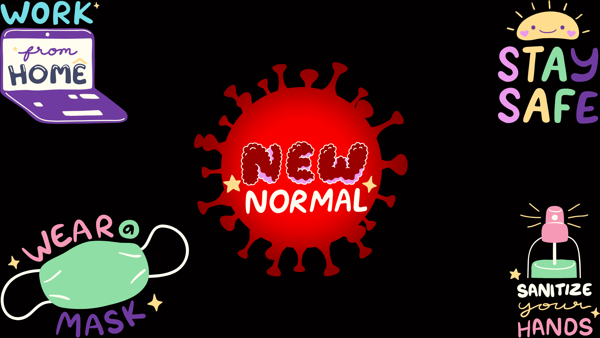If you're wondering what a Phage is, here's the answer. Phage is a virus. A virus that is found in large numbers in the environment. You might have heard the famous science fact that claims a teaspoon full of sand contains millions of viruses. Well, the same teaspoon full of sand contains these viruses in multiple folds compared to the bacteria. Another interesting thing is that these are present innumerably in your body. Your eyes, intestine, skin, all of these are filled with these viruses. Oh no, Don't panic. These phages, or otherwise known as Bacteriophages, hunt down bacteria only. The rivalry between these bacteria and phages date as long as the formation of life. Let's know something more about this rivalry.
Before the 1500s, Humans were highly susceptible to bacterial infections. A small cut would become disastrous and lead to death. Every bacteria seemed to be deadly as our immune system couldn't defend a big load. Thanks to Penicillium, which could kill these bacteria, and Alexander Flemming, who noticed it. Today we know many antibiotics that assist us in the killing of these bacteria. However, we humans have stopped respecting our immune system, bacteria, and antibiotics by taking them very often. We take it so often that the bacteria no longer fear them. They have started to mutate and cause the infection in a better way than before. We now see tuberculosis that isn't curable by regular antibiotics. At this rate, bacterias become something called superbug, and no fungi can now save us. We still have one thing that can save us, the arch-enemy of these bacteria, Phage. They destroy millions of bacteria every second.
Before understanding how phages destroy bacteria, let us understand what they are. Phages, like any other viruses, are obligatory parasites meaning they cannot survive outside a host cell. They consist of an icosahedron protein head that has the genetic material and a tail that helps it to adhere and transfer this genetic material. They find the host, transfer their genetic material and multiply in number by killing the host cell. (I'll write a detailed note on this sometime later.)
Thus, phages are very specific in nature. Unlike antibiotics that kill every other bacteria, these phages kill specific ones and help in protecting the good bacteria. If you're worried about these viruses hijacking your body, you don't have to. Phages will not react with any other cells in the body. They just search for their specific hosts and finish the job. However, you might also be thinking, what if the bacteria evolve. The phages evolve with their hosts, and hence, the problem gets solved. If at all we give rise to one more superbug that is resistant to the phages, we still have an edge. To protect themselves from phages, bacteria have to give up their antibiotic resistance, and you know what to look for.
Phage therapy has been successfully used in the case of a person who had a chronic Pseudomonas aeruginosa. However, the FDA hasn't yet approved the usage of phages as a replacement for antibiotics. Sooner or later, we can expect this to be a beneficial method of tackling all the infections we know. The name virus might fear you, but it has some benefits as well.






kishorbalgi
Insightful👍👍